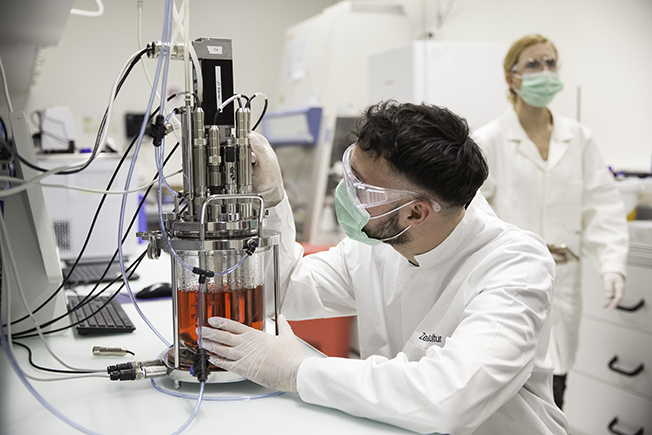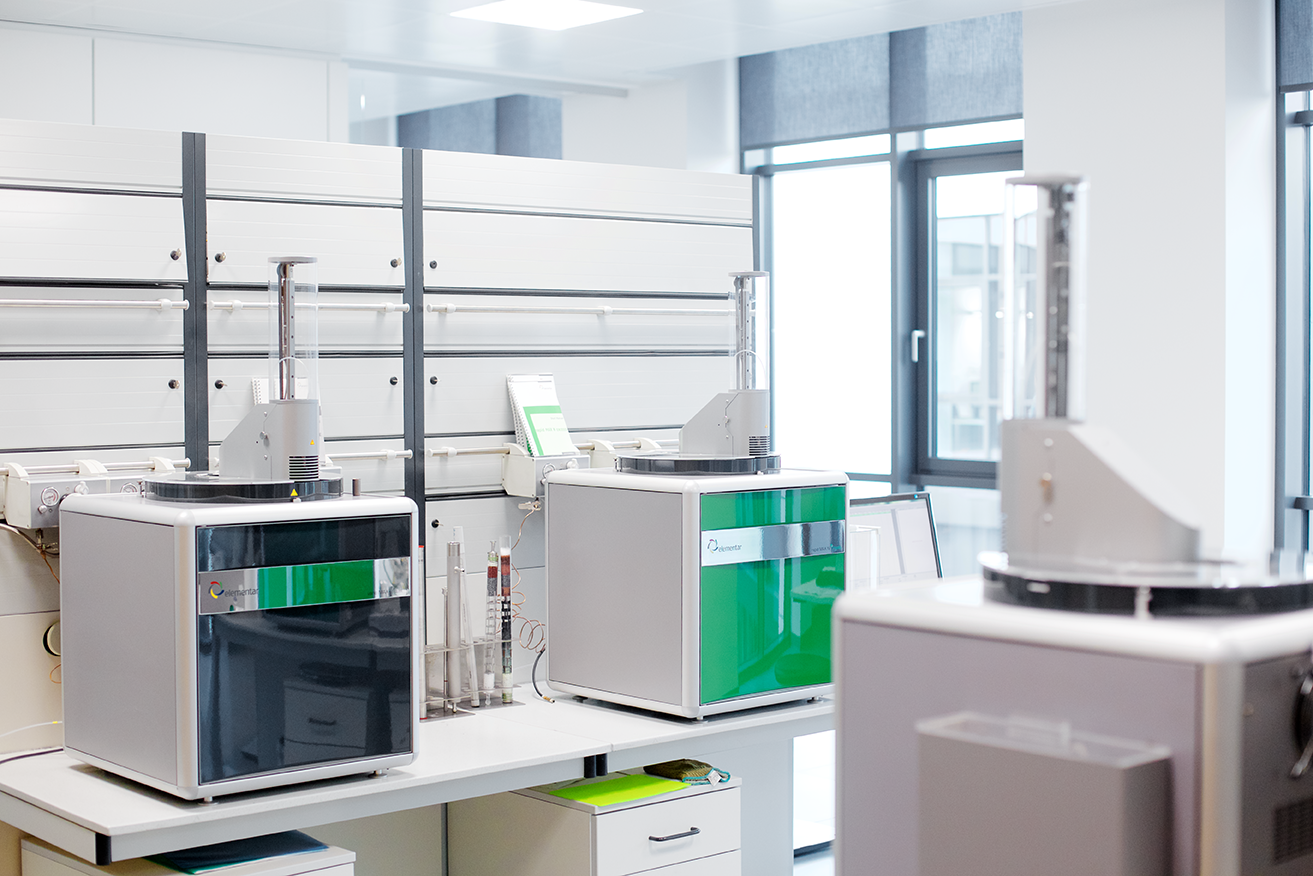

Revolutionizing health: plant-based dairy alternatives take the lead
When it comes to alternative dairy products, balancing taste, texture, nutrition and sustainability preferences in the right combination isn’t easy. Here, Brittany J. VanBuskirk, Plant-Based Applications Lead at Ingredion, explains how it can be done

Plant-based dairy is a thriving category. Right now, 48% of global consumers follow diets that involve the reduction or removal of meat and/or dairy. Such lifestyle choices are not only increasing the demand for dairy alternatives – they are raising product expectations. Consumers will no longer simply accept dairy mimicry; they’re looking for better variety and improved innovation.
Wider considerations around a product’s nutritional profile and sustainability credentials – as well as taste, texture and price point – are also now impacting purchasing behavior. Manufacturers therefore need to focus innovation both on increasing variety within the category and delivering on these key consumer drivers.
What do consumers look for in plant-based alternatives?
Research shows the number one reason consumers consider plant-based alternatives is they are seen as healthy and nutritious. We also know that 52% of Europeans make decisions about what to eat or drink based on their health. But the picture is more complex. Sustainability continues to be an important consideration and remains the main influence after health, in the latest 2023 data. However, taste and value for money have become more important over the past 12 months, reflecting challenging economic conditions and the impact of rising costs and inflationary pressures on shopping habits. In short, consumers expect a lot from dairy alternative products.

Overcoming plant-based formulation challenges in dairy alternatives
So, what does this mean for manufacturers? How is it possible to balance meeting these consumer demands with the formulation challenges of plant-based and the tough manufacturing conditions of dairy to create on-trend products that really resonate with shoppers?
At Ingredion, we ‘Own the and’ by helping manufacturers deliver products that meet complex consumer demands such as plant-based and sustainable, while accelerating innovation and delivering on taste and texture demands. It’s about combining the right plant-based portfolio of sustainably-grown ingredients – derived from non-soy raw materials – with the right technical know-how and formulation expertise. Through this powerful combination, manufacturers can overcome recipe and production challenges and deliver appealing and innovative products.

Balancing texture and nutritional value
Replacing the functionality of traditional dairy ingredients is challenging. To successfully formulate plant-based alternatives, we must first understand the functional components we’re replacing.
Casein, whey, and lactose are very functional. These ingredients bring emulsification, gelation, viscosity and creaminess to yoghurts, milks, and cheeses. To replace these impressive dairy components, we must look at a solutions approach of plant-based proteins, stabilizers and sweeteners to achieve the best eating experience.
Let’s take a look at a plant-based cheese alternative where texture is all-important but so, too, is nutrition. Whether it’s a high-protein snacking cheese with that ‘just-right-bite’, or a sliced or shredded cheese that delivers on firmness, stretch and meltability – rebuilding the structure of natural cheese is a technical balancing act. And it’s one that, at Ingredion, we get asked about a lot. Higher protein levels can impact firmness and shredability, and viscosity is typically higher, which in turn impacts processing requirements. Rebuilding cheese structure in a way that successfully replaces functional dairy components requires a careful blend of starches, stabilizers, and plant-based proteins. Combined at the correct levels, it is possible to overcome plant-based cheese formulation challenges with the right melting, gelling, elasticity, and an optimal flavor.

Creating a great eating experience and the right viscosity
Category opportunities in dairy alternatives are increasing, with non-dairy spoonable yoghurt one of the fastest-growing sub-categories, at 26% CAGR. The creamy mouth-feel of yoghurt is one of its most essential, and challenging, characteristics. Whey, lactose, and casein are responsible for creating our delicious pot of dairy yoghurt. As the milk in your formulation is pasteurized, the heat denatures the whey and builds a protein network. Lactose feeds the cultures, dropping the pH, before the lactose turns into lactic acid.
This drop in pH is responsible for bringing casein proteins to their isoelectric point, aggregating and forming the semi-solid gelled texture you expect. When we formulate dairy alternatives we utilize starches, hydrocolloids, and proteins to build back the viscosity and gelation. Dextrose can be used as a food source for the cultures, allowing for a pH drop and the expected taste and texture to develop. Understanding the tough processing conditions of dairy, involving high heat, is key to success. Several challenges must be considered when formulating plant-based yoghurt.
First, we cannot expect a cultured plant-based protein slurry to have the same creaminess and mouth-feel as dairy yoghurt, so we must build back this texture with the support of starches and hydrocolloids.
Category opportunities in dairy alternatives are increasing, with non-dairy spoonable yoghurt one of the fastest-growing sub-categories, at 26% CAGR
Second, we must keep in mind that depending on the plant-based protein being used, viscosity development during heating may be high. You will need to remember this when pasteurizing your mix. Pulse ingredients can contribute bitter, beany flavor profiles and also a yellower color. Natural flavors, maskers, and protein binders can help here. Stability must be considered as well as nutrition. Depending on your protein source, it may be easier (or more challenging) to reach higher protein levels.
Formulating for stability and shelf life
The global plant-based beverages market is estimated to be worth ~US$28 billion, and is expected to hit around US$73 billion by 2032. This includes the growing plant-based ready-to-drink (RTD) category. Some of the main formulation challenges we are asked about at Ingredion are around stability, particularly creaming and sedimentation based on fat and protein instability.
Ingredient selection is critical – not all plant-based isolates are suitable for RTD beverages. Sedimentation and creaming prevention through proper hydrocolloid selection allows for the creation of a stable emulsion and a stable, fluid and elastic gel.
The appearance and performance of plant-based beverages is also vital. Ingredion’s solutions for barista beverages have been developed with this in mind, delivering excellent foam volume, quality and stability – even when mixed into hot drinks.
Own the ‘and’ with Ingredion’s plant-based proteins
VITESSENCE Prista is Ingredion’s latest range of pea and fava bean protein concentrates, designed to help new product developers build the right taste, texture and nutritional profile in non-dairy formulations, while delivering on sustainability demands. The concentrates are manufactured via a proprietary de-flavoring process, which reduces the bitter taste and raw plant flavor associated with conventional dry-milled pulse ingredients. Ingredion’s dry-milling process is one that does not use chemicals or additives while consuming less water (0.2%) and energy (5.5%) in comparison to traditional pea protein production, according to our own proprietary data. Perfect for use in dairy alternative applications, including protein-fortified vegan cheese, non-dairy yoghurts and desserts and plant-based RTD beverages as a cost-effective nutrition source, the range delivers pristine taste and functionality. The range supports ‘protein,’ ‘plant-based’ and ‘gluten-free’ product positioning.
Plant-based innovation for the dairy consumer
With consumers demanding more and more variety in dairy alternatives today, finding solutions that balance taste, texture, nutrition, and sustainability in the right combination isn’t easy. Formulating plant-based options for yoghurt, cheese, beverages and other applications takes both ingredient and processing know-how. However, Ingredion’s team of experts, proven go-to-market capability, and portfolio of functional, plant-based ingredients can help you navigate these challenges successfully.
For more information about Ingredion's products, please click here
If you have any questions or would like to get in touch with us, please email info@futureofproteinproduction.com


%20ILVO%202.jpg)

.png)

